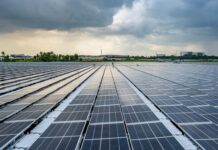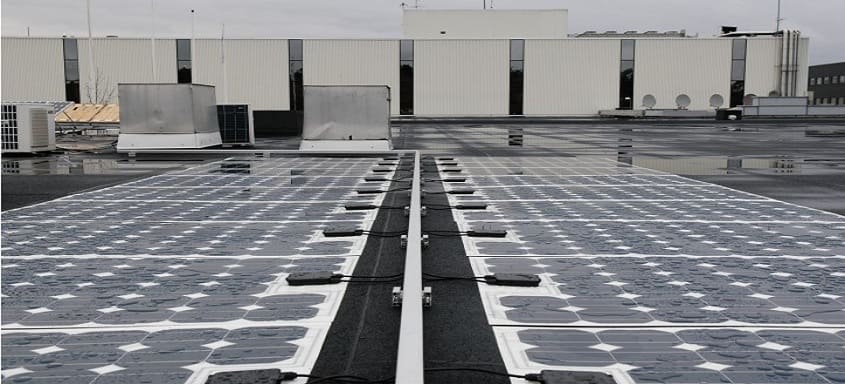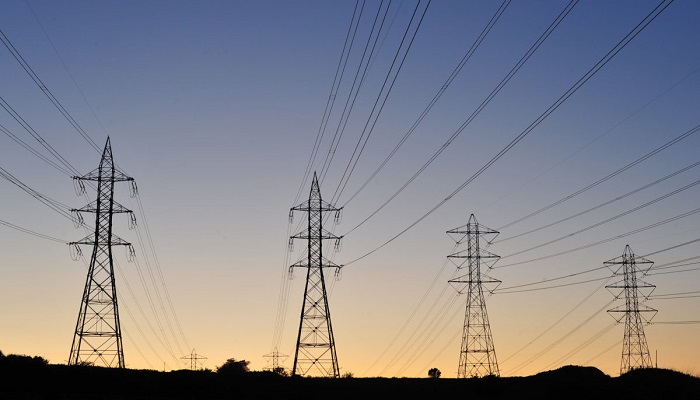Properly executing all the energy-transition laws is going to be the key focus for the EU’s upcoming political cycle; however, new legislation on electricity grids may be required to integrate renewables within the system.
MEP Nicolas Gonzalez Casares, who happened to lead the work for the European Parliament on the electricity market reforms, went on to tell the ICIS that the grid legislation will need to set guidelines as well as deadlines for the network roll-out.
So as to speed up, one cannot accept that there are going to be renewable installations without the grids, he said.
Gonzalez Casares happened to be speaking on the sidelines of the SolarPower Summit on March 5th, where he went ahead and told the panel that the EU’s upcoming five years of work must make sure of the correct transposition in terms of agreed rules within the countries’ national laws.
This thought happened to be echoed by MEP Maria da Graca Carvalho, who had told the panel on March 4 that although the lawmakers happened to be working on the market design, they did find some countries still did not implement the erstwhile reforms from 2019.
Slow execution, teamed with the investment required for grids, happened to leave a pressing amount of work until 2030, said Carvalho to the delegates.
Maros Sefcovic, who happens to be the European Commission vice president, called for the sector participants to tell if legal or even technological challenges within legislation hurt progress, so European leaders could very well consider priorities in the next five years at a meeting scheduled to be in April.
He further called for an accelerated rollout in terms of solar across the EU in a rapid as well as homogenous manner, and the future competitiveness would go on to hinge on grid functionality.
It is well to be noted that the emphasis on grids also requires a shift from high-voltage, transmission networks to distribution systems, opined Director for the Green Transition and Energy System Integration, Directorate-General for Energy, Catharina Sikow-Magny.
She went on to tell the panel that the regulators will indeed have to live with a little more uncertainty than they are used to. This was a view that was echoed by Damian Cortinas, the chair of the ENTSO-E board.
He further said that anticipatory investments were like taking a small risk, like beginning to build a line even if it wasn’t clear who would ultimately go on to own the infrastructure.
Cortinas remarked that the Commission’s grid action plan, which was released in November last year, happened to be a good first step, but he further said that more work would be required to be done. The plan happens to detail almost 14 actions that must take place by 2025, and which are aimed at easing the pressures that the power networks will face from electrification as well as the energy transition.












































